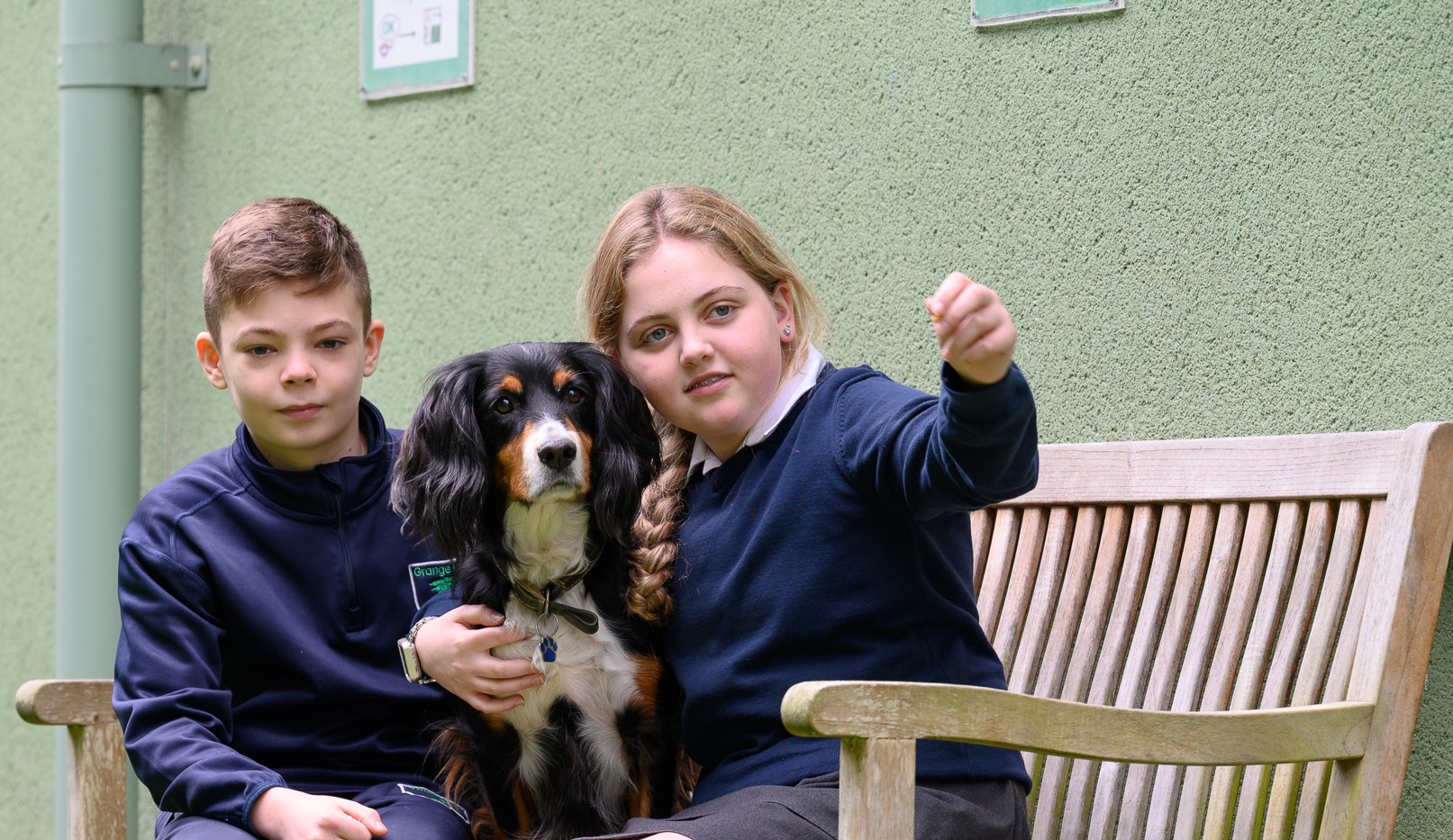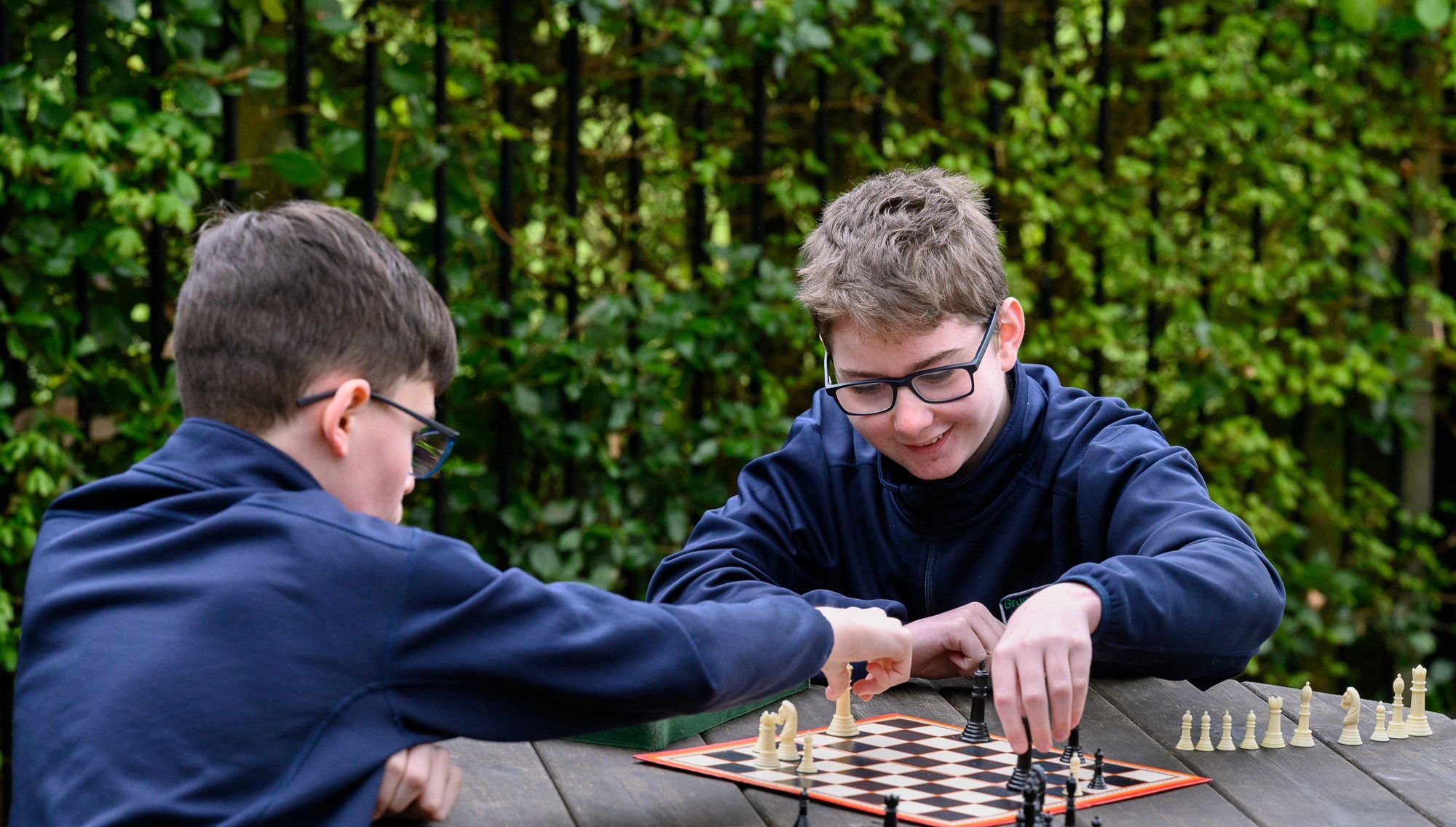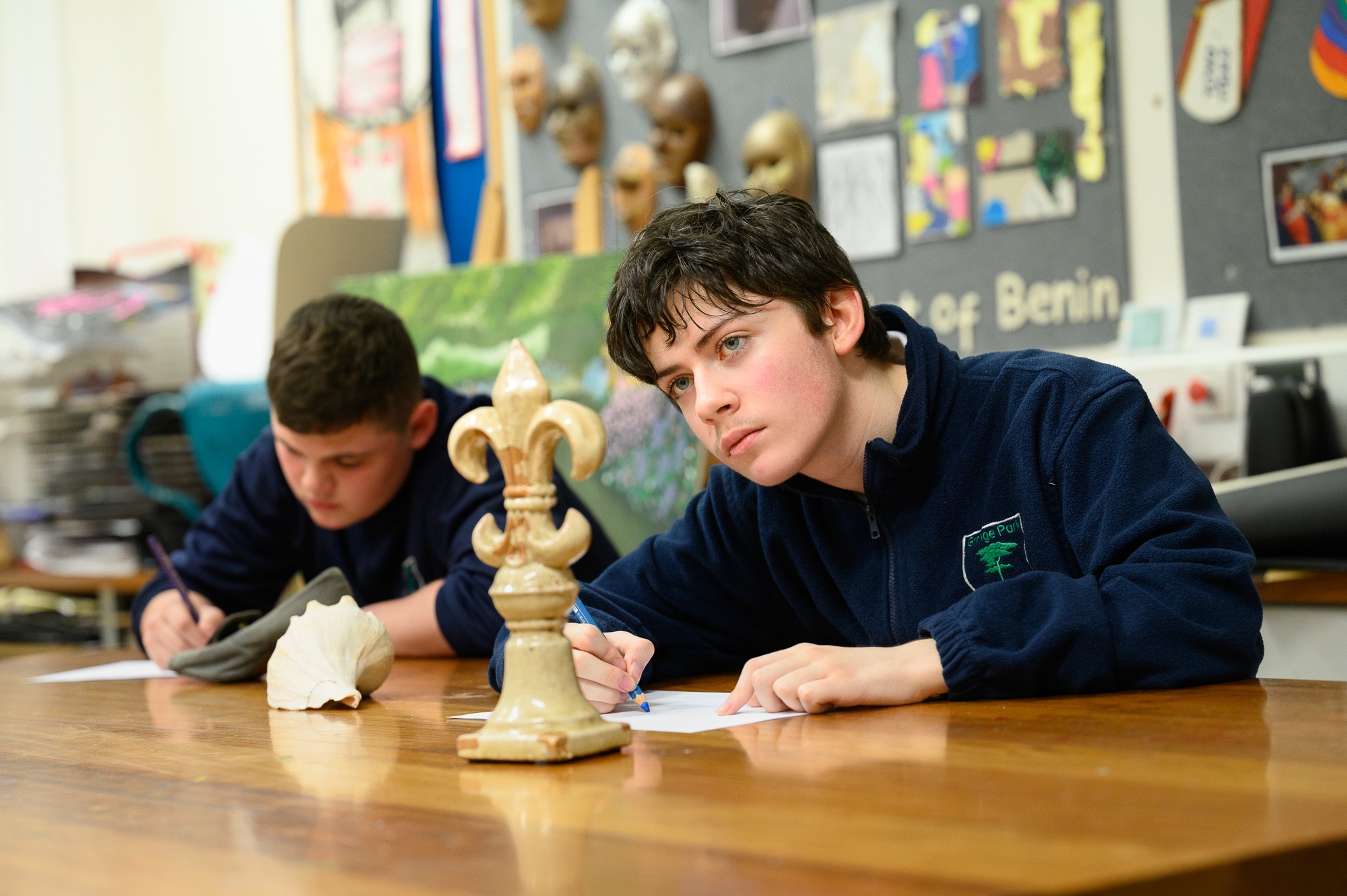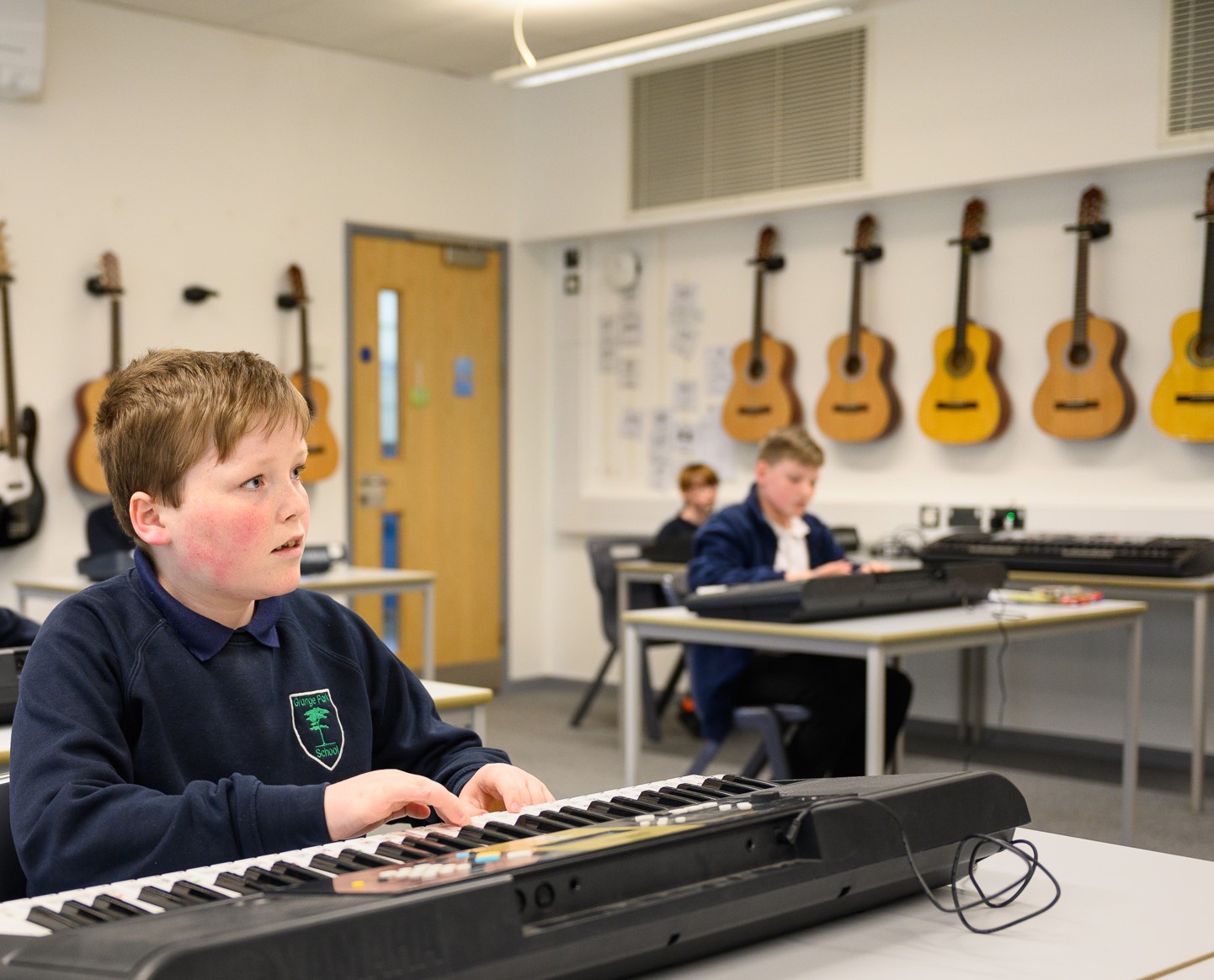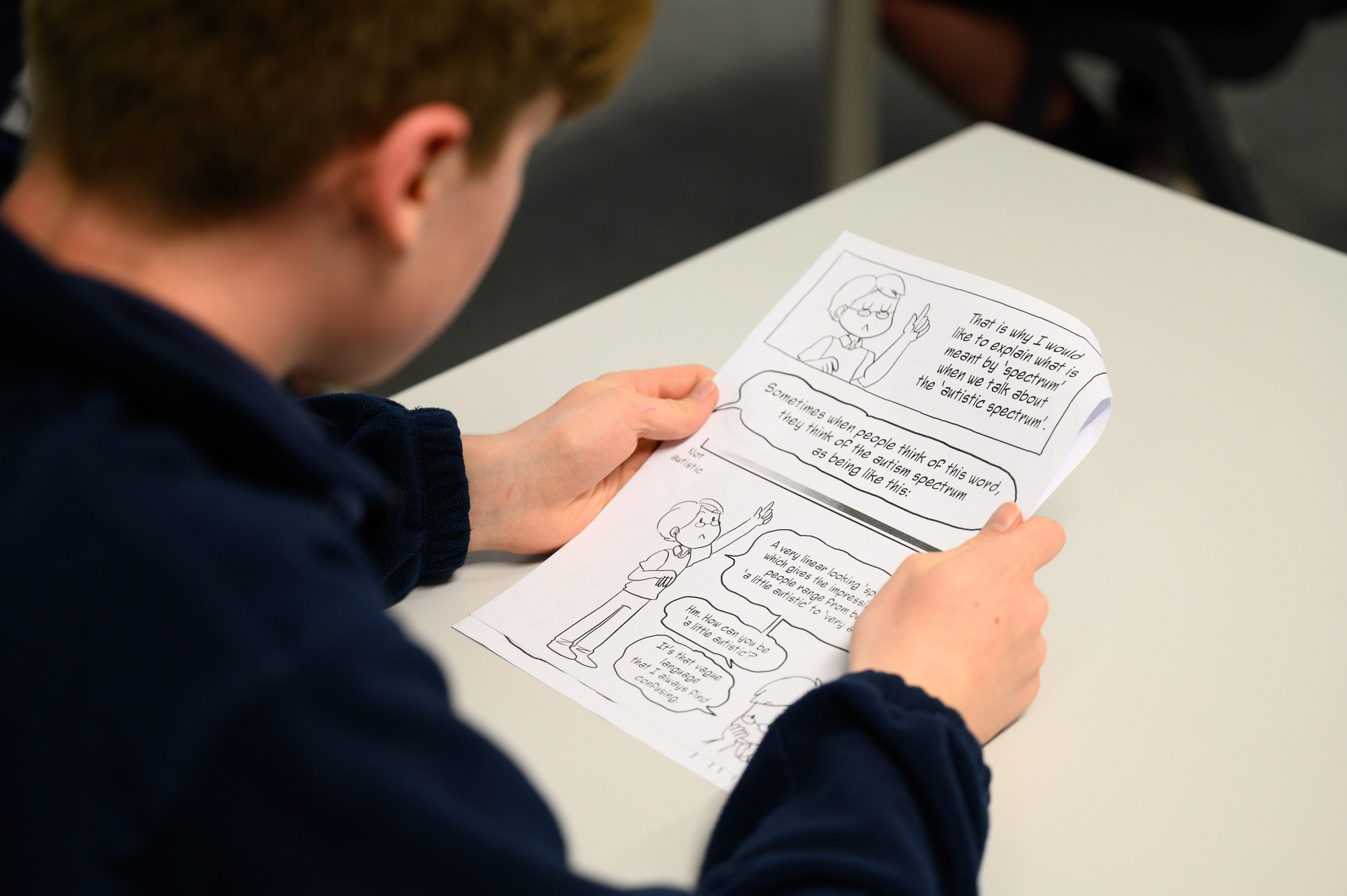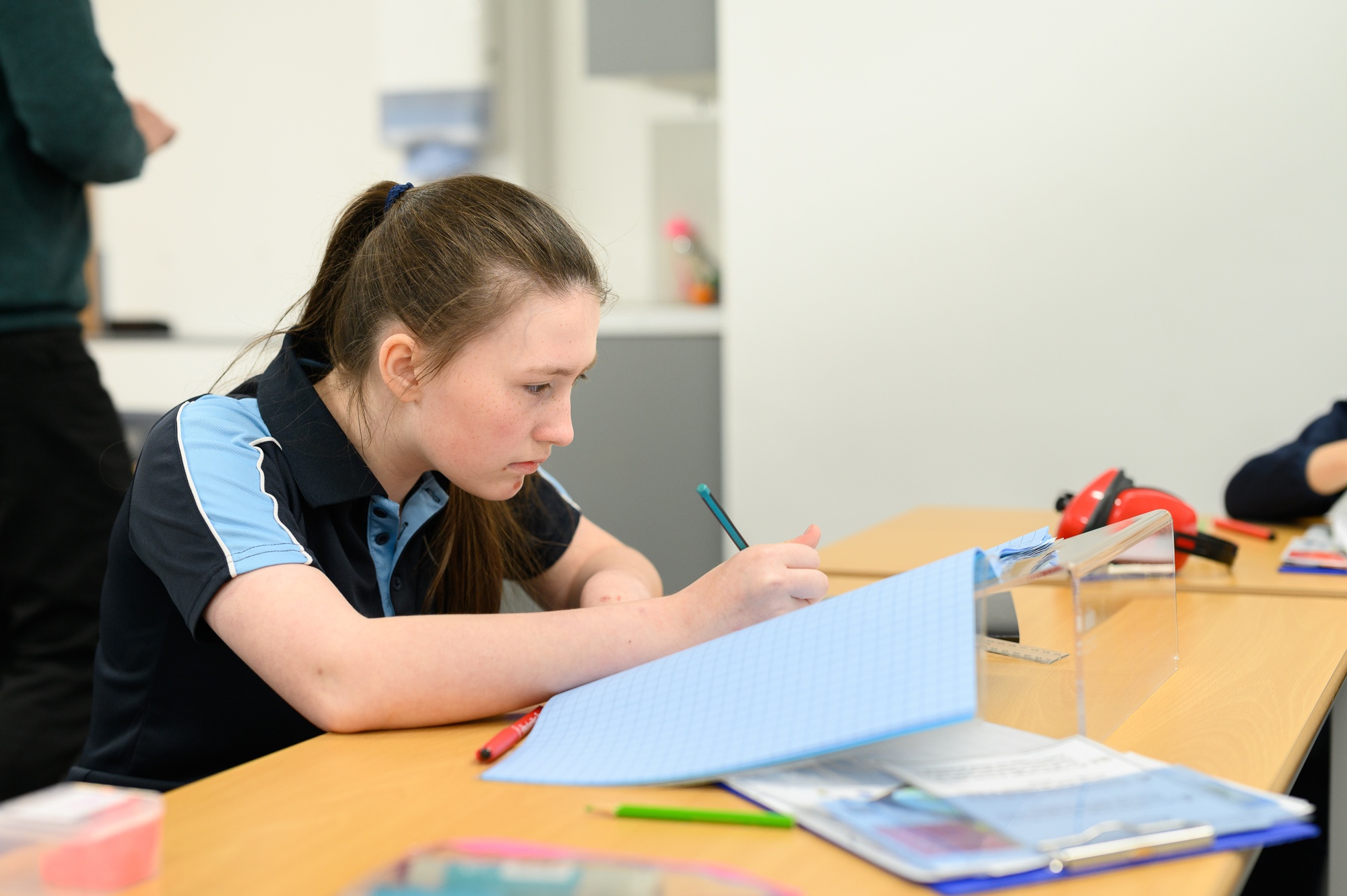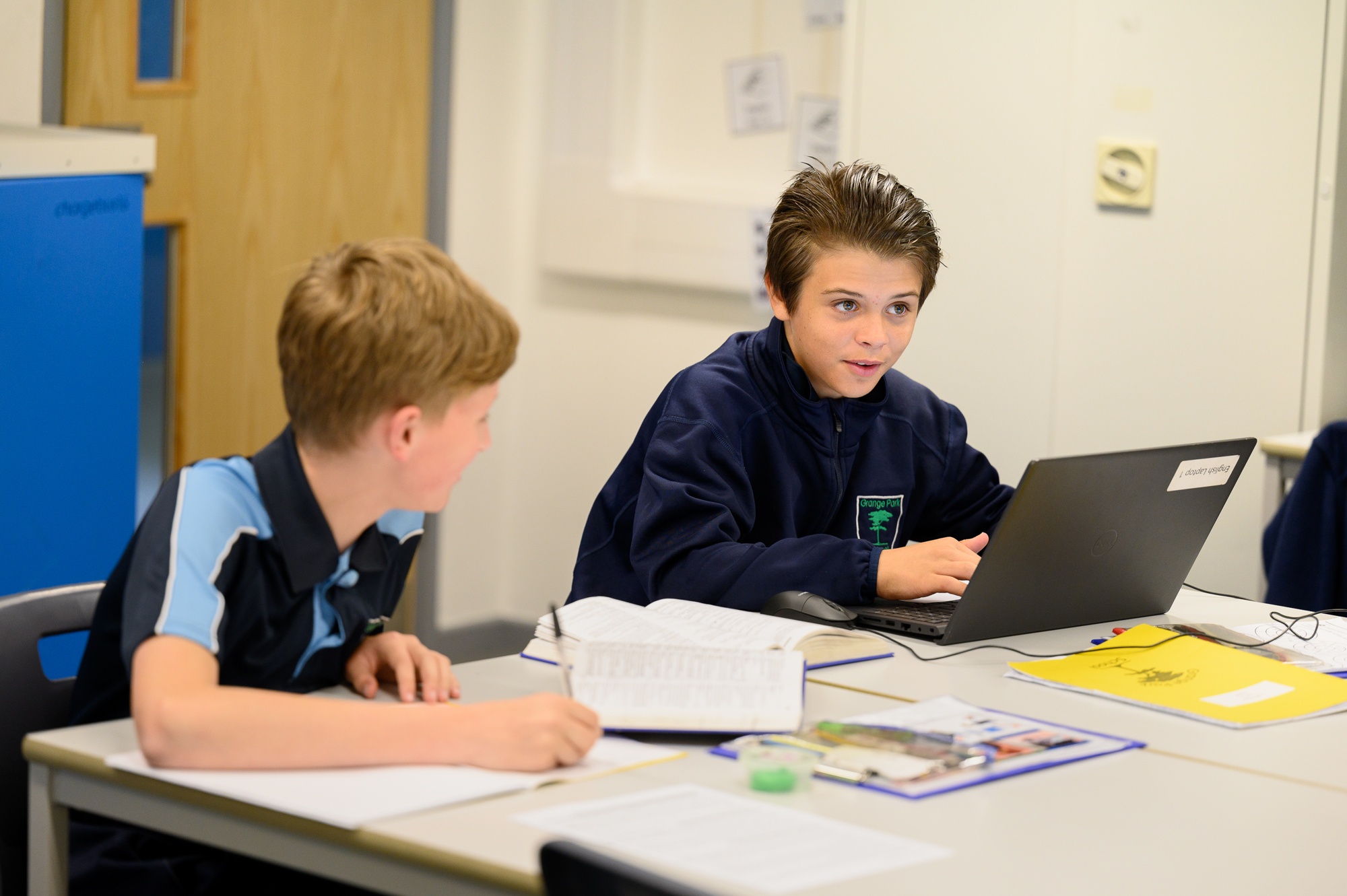Grange Park School Local Offer and SEND
Grange Park school is a maintained Special school in Kent. Our designation is for children with a diagnosis of Autism Spectrum Condition (ASC). We cater for pupils aged between 9 – 19 years with an Education Health Care Plan (EHCP) which cites Autism Spectrum Condition (ASC) as their primary need and Communication and Interaction as their priority 1. Grange Park offers a provision for pupils who are unable to access mainstream provision due to their social communication and emotional regulation difficulties.
Learning Provision:
- Pupils are in Key Stage 2 (Year 5 & 6) are mixed and follow a primary model for lessons.
- Pupils are in year groups for Key Stages 3 and 4 and follow a secondary model for lessons.
- Cross year group classes in KS5 (Wrotham)
- Key Stage 5 satellites at 2 colleges: Mid Kent College Medway and Mid Kent College Maidstone
- Kent Supported Employment: alternative curriculum based on the world of work
Staffing
- Key Stage 2, 3 and 4 classes: Typically 1 teacher and 2 learning mentors for 12 pupils.
- In Key Stage 4 where pupils are streamed for core subjects (English, Maths and Science) and follow options the classes are usually smaller and supported by a teacher and learning mentor.
- Key Stage 5: 1 class base. Class size - 15 students with 1 teacher and 2 learning mentors.
- Satellite Colleges: Staffing ratio of 1 learning mentor to 2 or more students according to need.
- Kent Supported Employment: 1 learning mentor to 1 (or 2) students according to need.
- Speech and Language Therapy: Consultant SaLT 2 days a week and a full time SaLT assistant.
- Art Therapist: The school commissions an Art Therapist one day a week
The Approach to Learning:
Grange Park recognises that all children/ young people and adults have unique abilities and ways of learning. We totally support the need for a broad and balanced curriculum but it must be wholly appropriate to the needs of the child / young person and be personalised to individual aspirations.
Grange Park follows the principles of SPELL (National Autistic Society) which are embedded throughout the school day to ensure that each pupil has the best possible chance to learn. The principles are:
- Structure – staff aim for a high level of predictability and order during the school day. Consistent use of visual organisation and a range of individual and whole school visual supports help to reduce anxiety.
- Positive approach – staff aim to raise pupil self esteem by using pupil strengths combined with realistic expectations to promote a sense of achievement and success. Independence is encouraged and supported appropriately. Whole school reward systems and individual rewards are used consistently to motivate pupils and to celebrate success.
- Empathy – A person centred approach ensures staff know the pupils well and are able to use relevant strategies and put the most appropriate support in place. Pupil Profiles and Behaviour Support Plans identify strategies and approaches to support language, communication, interaction, social understanding and motor sensory needs.
- Low arousal – staff are aware of the sensory needs of the pupils. The environment is mostly calm and clutter free. Distractions are reduced as much as possible and staff use reduced language and a range of visual supports where needed.
- Links – the school has a good multidisciplinary team – Teachers, Learning Mentors, Occupational Therapists and Speech & Language Therapists. There is good communication between staff, families and support services with regular meetings and briefings. Pupils have a home/school contact book and targets are shared with parents and carers.
Throughout the school day, pupils have frequent opportunities to practise and develop functional communication and interaction skills and social understanding. These include:
- Intervention lessons once a week for KS3 linked to EHCP targets.
- Paired working
- Small group work
- Working collaboratively with each other.
- Lessons include discussion/question & answer sessions/brain storming
- Lunchtime – eating together; seated at round tables; digital signage to give ideas for conversation, games equipment on the playground.
- Grange Park Time at KS3 includes specific activities to promote communication & interaction as well as problem solving, compromise & negotiation in a variety of settings
- Off-site activities
- Morning activity (morning walk) four times a week.
- Clubs
- Individual targets to focus on specific areas of communication & interaction
All pupils have learning profiles which outline specific approaches and equipment that they require to support their learning, communication, interaction and social understanding. These can include:
- Whole School Communication Strategies
- Talking Mats
- Comic Strip Conversations
- Prompt cards
- The Zones of Regulation
- Lego Therapy
- Comprehension Monitoring/Active Listening
- Use of “key words” in lessons
- Use of the “10 second rule” to support pupils with slow processing skills.
- A high level of visual material & demonstration during lessons & throughout the school day
- Staff model appropriate interaction
- Staff use reduced language, pitched at the individual’s level of understanding.
- Reward systems to celebrate helpful & caring behaviour towards others.
- Specific OT equipment such as sloping boards, hand writing pens, weighted jackets etc
- IT equipment such as NEOs, tablets, reading pens etc
Access to Medical interventions:
- Epilepsy trained staff
- First Aid trained staff
- Medication trained staff
- Peripatetic advisory Teachers: Visually Impaired (VI), Hearing Impaired (HI)
Strategies to support and modify behaviour:
- Proact Strategies for Crisis Intervention and Prevention (SCIPr) - All staff trained in SCIPr, de-escalation and positive handling
- Quiet Rooms and individual work bases.
- Positive Behaviour plans
- Staff are trained to use SIMS to track and analyse behaviour data.
- Reward and recognition systems
- Use of Social Stories.
- Intensive Interaction.
Arrangements for specialist expertise from outside school:
- Sports coaching
- Counsellor
- Drama Workshops
- Peripatetic music teachers
Monitoring and evaluating pupil progress
- Pupil progress is continuously evaluated by subject teachers and formally on a termly basis (every six weeks).
- Pupil Asset is used by all teachers to monitor and track progress. Termly data is analysed and where necessary interventions are put in place to support pupils, ensuring that they are engaged, challenged and supported where necessary.
- For further information please refer to the KSent statement of Assessment for Children / young people of all abilities.
- The reliability of teacher assessment is achieved through rigorous internal and external moderation.
Engagement with Parents/Carers
- Daily Home/School contact books
- Website
- Newsletters
- Parentmail
- Parent Consultation Evenings
- Parent Governors
- Parent Group
- Parent workshops
- Cygnet training
- EHC Annual review process
- Social Events (Talent Shows, BBQ)
Safeguarding
There is one Lead Designated Safeguarding Leads (DSLs) for each of our sites, and nine Deputy DSLs within the school. These are:
- Mark Cleave (Lead DSL Wrotham)
- Renukah Atwell (Deputy DSL)
- Lee Cooper (Deputy DSL)
- Rene Chetty-Marston (Deputy DSL Stansted)
- Jo Gould (Deputy DSL)
- Abi Rodreigo (Deputy DSL)
- Sarah Hume (Deputy DSL)
- Maxine Hamilton (Deputy DSL College Partnerships)
- Charlliee Armstrong (Deputy DSL)
- Carolyn Underhill (Deputy DSL)
- Jean Moule (Deputy DSL)
All staff receive safeguarding/child protection training and are fully conversant with Grange Park’s systems of reporting any concerns. The lead DSL co-ordinates a bi-termly Safeguarding Meeting with the governor designated to oversee safeguarding.
Quality Assurance
The quality of teaching and learning is formally monitored three times per school year. The quality of marking and feedback is also formally monitored three times per school year. SALT monitors the appropriateness and effectiveness of the teaching for pupils with ASC.
Outreach
Grange Park offers an outreach service to local schools and colleges within the area. This provides information, training and support to primary, secondary schools and parents.
To download a printable copy of the information above and a copy of our SEN Policy, click on the links below.



